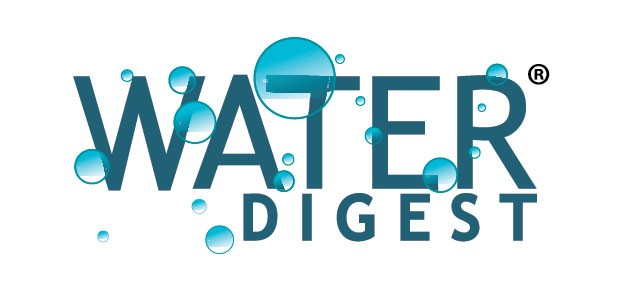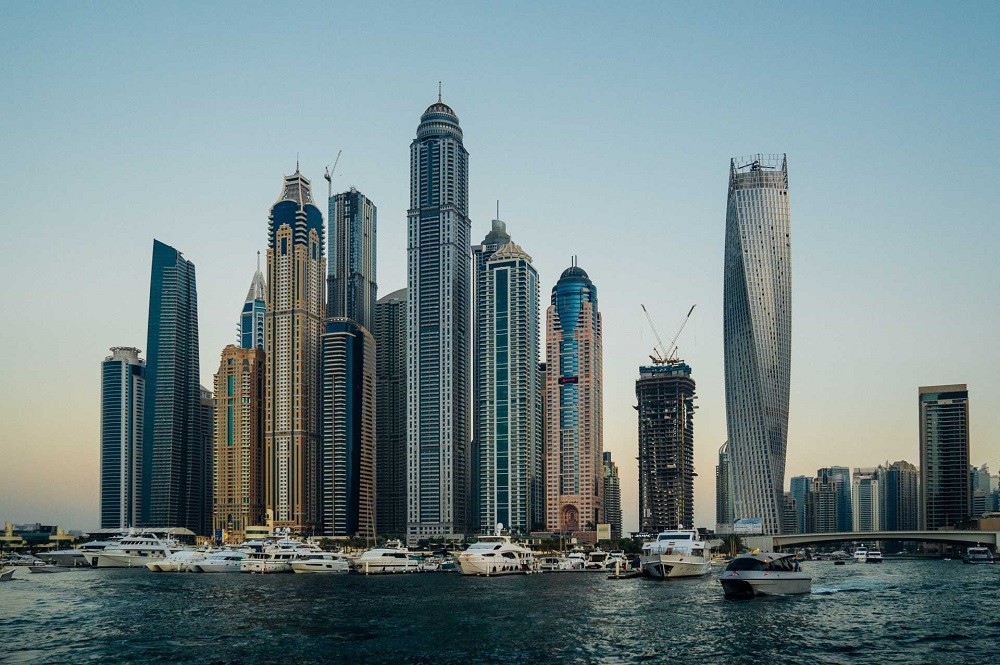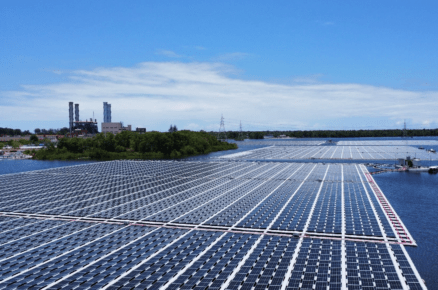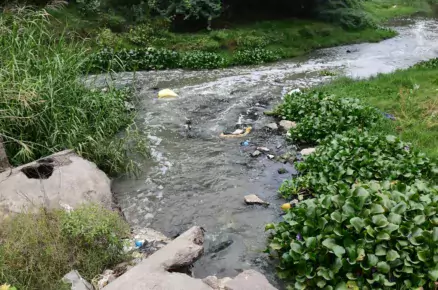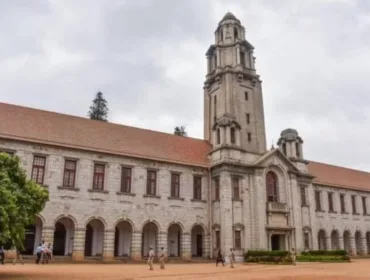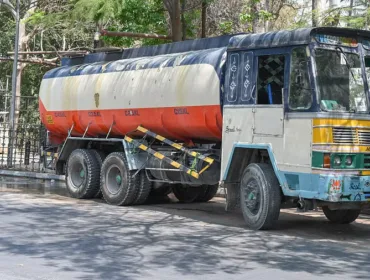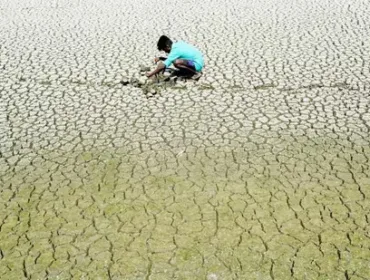The World Bank report notes that by end of this decade, the amount of water available per capita annually will fall below the absolute water scarcity threshold of 500 cubic meters per person, per year in the region.
WD News: People across the Middle East and North Africa face unprecedented water scarcity, says a new World Bank report, which proposes a series of resource management and institutional reforms to ease water stress in the region.
The report, titled The Economics of Water Scarcity in MENA: Institutional Solutions, estimates that by 2050, an additional 25 billion cubic metres of water a year will be needed to meet the region’s needs. That is equivalent to building 65 desalination plants the size of Ras Al Khair plant in Saudi Arabia, which is currently the largest in the world.
The report argues that devolving greater powers over water allocation decisions to locally representative governments, within a national water strategy, could lend legitimacy to difficult trade-offs in the use of water compared to top-down directives from ministries.
“Water shortages pose a serious challenge to both lives and livelihoods as farmers and cities compete for this precious natural resource and stretch water systems,” said Ferid Belhaj, World Bank Vice President for the MENA region.
Opportunities to expand water storage capacity have plateaued, groundwater is being over-exploited with negative consequences on water quality and importing virtual water has left countries open to global shocks. Compared to past investment in dam storage and groundwater, the costs of investing in non-conventional water sources – such as sea water desalination and wastewater reuse – is much higher, which will put yet further strain on the finances of countries, the report says.
“Giving greater autonomy to utilities to reach out to customers regarding tariff changes could also win greater compliance with tariff structures, lowering the risk of protests and public unrest over water,” said Roberta Gatti, World Bank Chief Economist for the MENA region. “These kinds of reforms could help governments to renegotiate the social contract with the people of MENA and build greater trust in the state to manage water scarcity,” she added.
Source & image courtesy: World Bank
